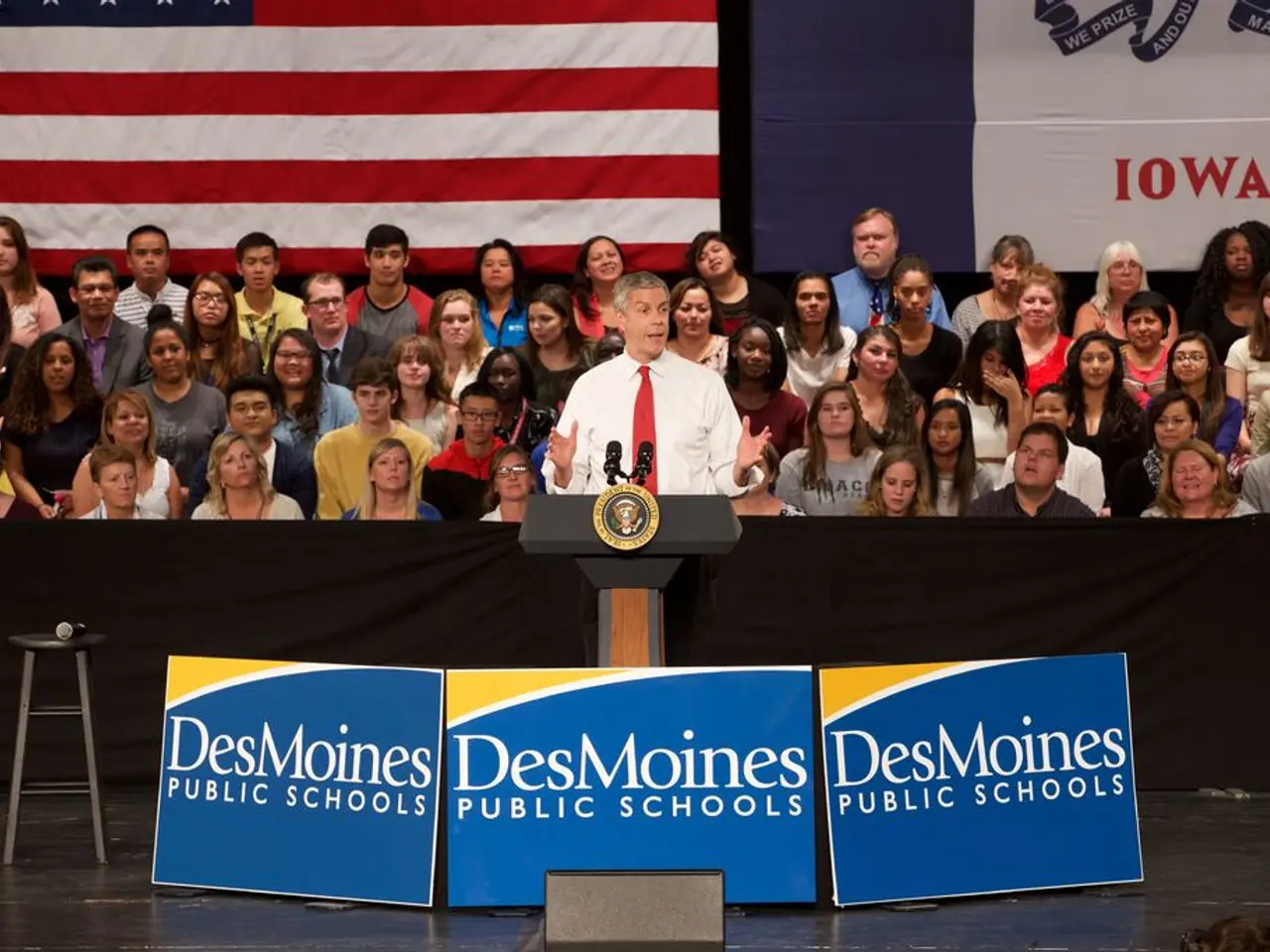The Impact of the Metaverse on Reshaping Politics and Government Structures
The Metaverse, a digital universe that offers endless possibilities for exploration and creation, is poised to revolutionize politics and government operations. This evolution will likely lead to more transparent, accessible, and resilient political and governmental processes.
Virtual Civic Participation
Governments can utilize Metaverse platforms to create immersive spaces for public consultations, debates, and voting. This real-time participation from anywhere in the world could potentially increase citizen engagement and foster a more democratic way of voting and interacting with politics.
Digital Twins for Governance
The concept of digital twins, where virtual replicas of physical infrastructures or cities exist in the Metaverse, enables governments to simulate policies, manage public resources, and respond to crises more effectively. This technology could lead to better infrastructure management and crisis response.
AI-Driven Decision Making
AI embedded in Metaverse environments can analyze vast amounts of data quickly, enabling more evidence-based, transparent, and efficient policy-making and resource allocation. AI chatbots and assistants within Metaverse spaces could also provide round-the-clock public services and improve accessibility.
Resilience and Autonomous Governance
Emerging understandings position the Metaverse as part of a broader “geo-politics of resilience,” where AI and platform technologies automate and normalize governance reactions to ongoing crises (environmental, social, and political), embedding adaptability directly into infrastructure and political processes.
Geopolitical and Security Implications
The rise of open-source AI within Metaverse frameworks is shaping global leadership dynamics, with countries like the US seeking to set global digital governance standards affecting political operations and cybersecurity strategies in virtual realms.
A More Efficient and Secure Way of Governing
The Metaverse represents a foundational shift toward integrating virtual environments, AI, and real-world systems to reinvent political participation, governance efficiency, and crisis response. This transformation will likely lead to more transparent, accessible, and resilient political and governmental processes.
Citizens can use the Metaverse to better understand government proceedings, learn about the workings of their government, and voice their opinions on issues. Governments can hold virtual meetings, tour government buildings, and even hold virtual votes in the Metaverse. The Metaverse offers a new way of conducting politics and government that is more efficient and secure.
Using intelligent contracts on the Metaverse blockchain can help automate many government processes, reducing costs and increasing efficiency. The Metaverse can help improve international diplomacy by providing a platform for virtual negotiations, mediation, and conflict resolution. It can help overcome technological adoption barriers by making government services more accessible and user-friendly.
The Metaverse can help improve the transparency of government operations by providing a platform for open, accessible, and accountable governance. Transactions on the Metaverse blockchain are permanent, meaning they cannot be changed or deleted, helping to prevent electoral fraud. The Metaverse blockchain is transparent, meaning all transactions are visible to everyone, improving accountability.
The Metaverse can help create a more inclusive and participatory political system by giving marginalized groups a voice and increasing their access to political resources. It can help stimulate economic growth by creating new industries and job opportunities. The use of virtual reality could help citizens better understand government proceedings.
In conclusion, the Metaverse offers a promising future for politics and government operations. By embracing this technology, governments can improve efficiency, transparency, accountability, and accessibility, creating a more democratic and resilient political system.
- Governments may also employ Metaverse spaces for educating citizens about the workings of their administration and promoting awareness of political issues, fostering an informed populace.
- Ads can be embedded in Metaverse environments, potentially offering a new revenue stream for governments while ensuring relevant and targeted public service announcements.
- Social media platforms, merged with Metaverse spaces, could provide an amplified avenue for politicians to connect with constituents, campaign, and engage in discourse.
- The Metaverse, when integrated with general-news platforms, could offer a dynamic, immersive medium for disseminating news and fostering responsible and informed debates on various topics, including education-and-self-development and other pressing issues.




